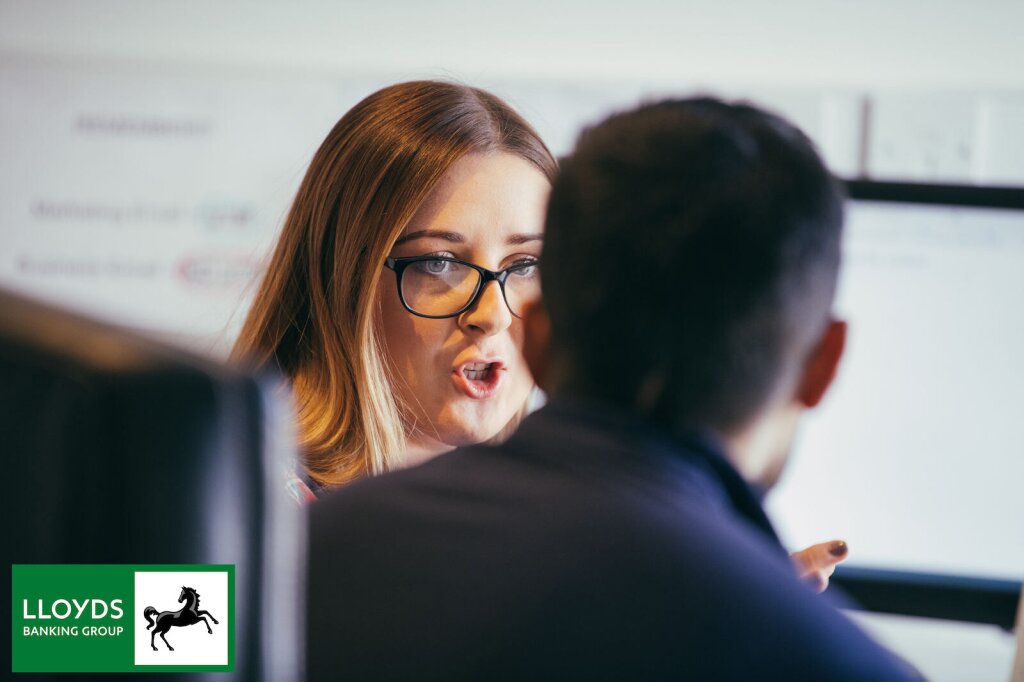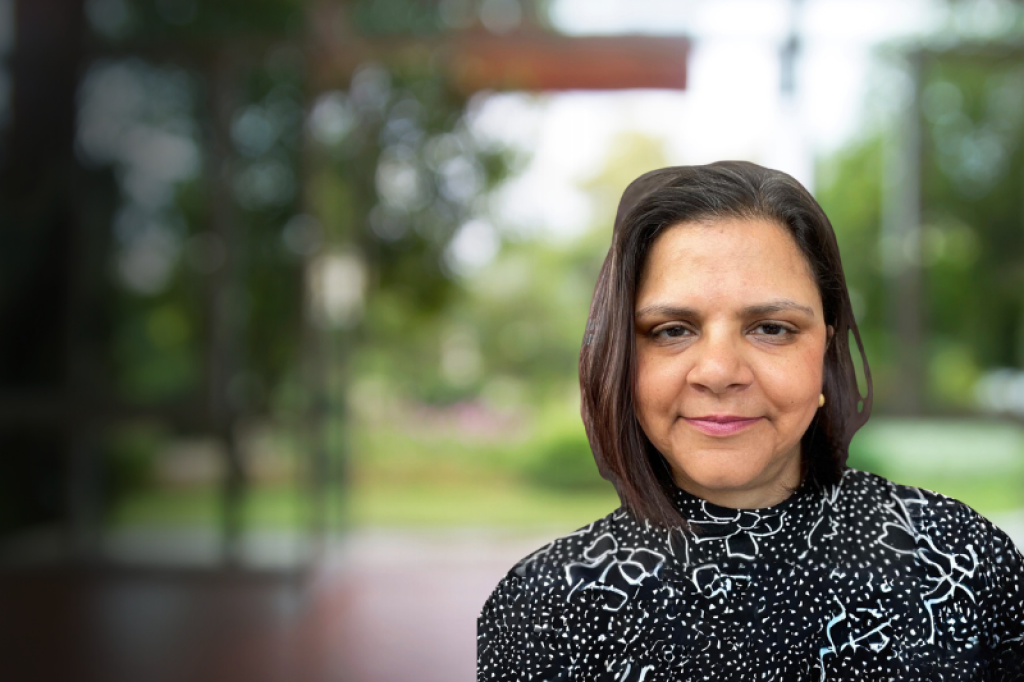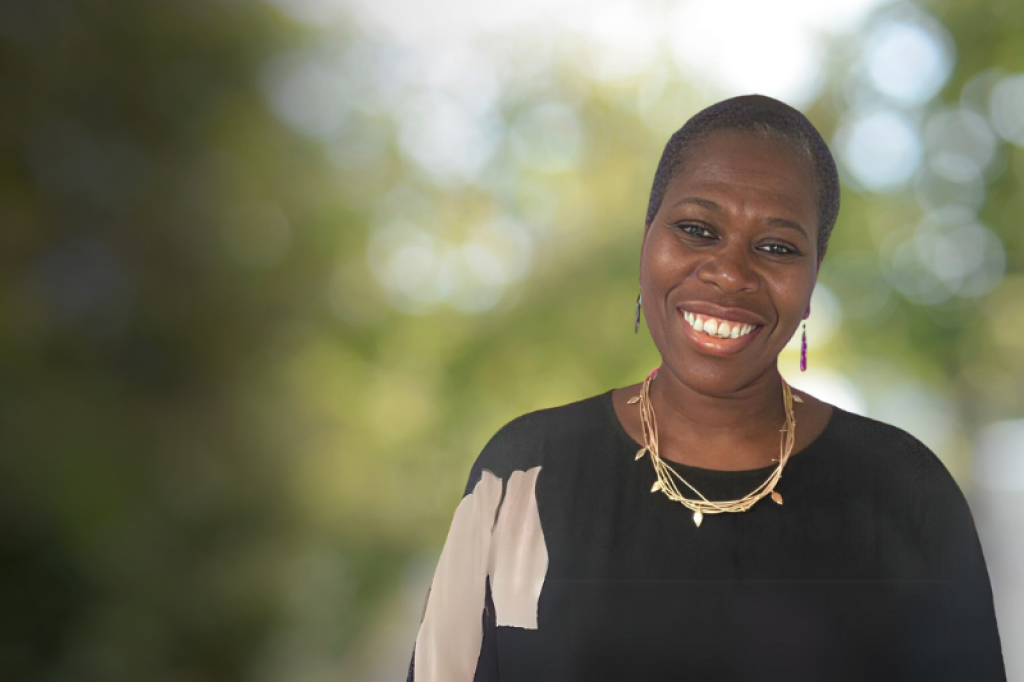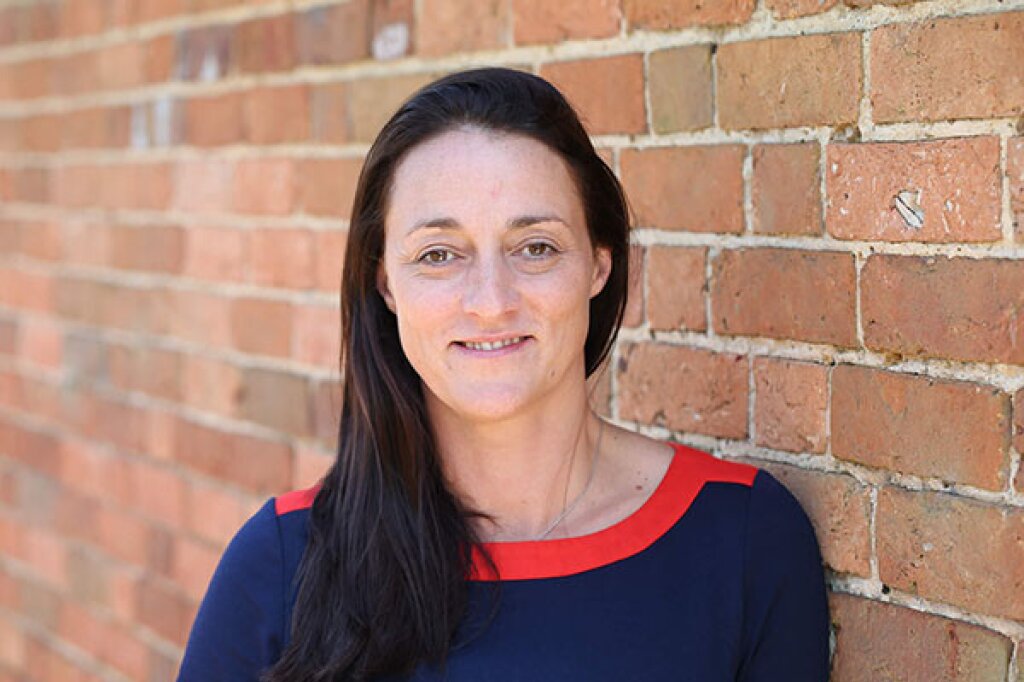When manufacturing business Renray wanted to develop an environmental, social and governance strategy, Be the Business matched up director Jackie Dearden with a mentor specialising in sustainability. Nine months in, the company is on its way to net zero.
Founded 50 years ago and based in Cheshire, Renray manufactures and assembles furniture and medical equipment in purpose-built factories in Cheshire and Poland. The business has an annual turnover of £17m and employs 140 people.
Director Jackie Dearden co-owns the business with managing director Graham Silman, and heads up sales and marketing. After joining Renray 27 years ago, with Graham coming in ten years later, the duo led a management buyout in 2008.
Fast forward to September 2021 and Be the Business paired her with one of their mentors, Dave Brigden, ESG (environmental, social and governance) sector director SME and MC Banking at Lloyds Bank.
“We recognised that sustainability was becoming increasingly important, and we wanted to develop an ESG strategy. I hoped that Dave would at least help us build the foundations,” said Jackie.
Nine months on, the company has a sustainability plan that Dave is as proud of as Renray.
Pace-setting
“I call them pace-setters,” explained Dave. “They had defined the need for a sustainability plan, and when I pointed out the impact it would have on future tenders it escalated their efforts. I gave them signposts, but they created all of the content themselves.”
Dave was able to guide Jackie using Lloyds Bank's own comprehensive sustainability resources, including its “Now to Net Zero” report, which features a five-stage process to develop a sustainability plan.
“We talked about doing it on a bite-sized basis, focusing on different elements of the business, like the two manufacturing plants, the distribution of products and raw materials between the sites, and transport/logistics,” he added. Dave recommended starting with “low-hanging fruit” – things such as installing LED lighting, considering heat-source pumps and charge points for electric vehicles.
“My other advice was to get engagement across the hierarchy – get some stakeholders and champions in sales, transport, product development, for example, and create a working group who together could build the plan.”
Dave also advised Jackie to use the sustainability plan as a marketing tool to flag up Renray’s sustainability credentials to clients and prospective clients. “By designing and implementing a sustainability strategy, Renray are able to respond to ESG-type clauses added to tender documents, something that is increasingly common.”
Joining the dots
Looking back, Jackie is really pleased with the progress Renray has made. “I’ve done a lot of reading and learning about ESG, but it was only when I started speaking to Dave and looking at his documents, that the pieces of the jigsaw started slotting together,” she commented. “We were already doing quite a lot – but we hadn’t joined the dots. Even the changes we’ve made to make this building more environmentally friendly, using Lloyds Bank's methodology, has been great – it gives you rough costs over X number of years, and when you can expect to get payback. I understand it all a lot better now. And every little thing you do adds up, so all the time we are looking to identify additional things we can do.”
While planning to share what they’ve done so far with some of their customers and suppliers, to help them on their own sustainability journeys, Renray is working towards embedding sustainability into the way they work, with the ultimate aim being to get to Net Zero. They are currently looking at how to offset their carbon footprint, including by donating to the Woodland Trust’s “Adopt a plot” scheme.
“But then it’s about how we measure it,” revealed Jackie. “There is so much to do and I’m so busy, but working with Dave is a really good discipline, as it forces me to focus.”
Secrets of success
What does Jackie think are the keys to a successful mentoring relationship? “Be open to suggestions, listen to advice, and follow through with actions rather than just talking about it, or you are just wasting your own and your mentor’s time,” she said. “You do have to commit to it, which means dedicating time to it, and that’s been the hardest part for me – making time to prepare for the meetings, and making time for the actions.”
But the benefits are worth it. “Having an ESG policy is rapidly becoming a licence to operate,” she added. “By taking the initiative now, we are trying to stay ahead of the game.” What’s more, the work has reinvigorated employees: “People are really getting on board with this, and they are really enthusiastic. It’s an extra ‘project’ for them, and it’s given them a boost.”
Dave paid testimony to what Jackie and her team at Renray have done. “Lots of businesses of this size are not even at first base, so to have something tangible and material – a sustainability report – and a plan to follow – it’s great.
“One of the reasons they’ve made such progress is that Jackie was so receptive – she, along with the rest of Renray, absorb information like a sponge. The next step is to measure carbon emissions and work out how to reduce them – and that’s something we’ll get into the detail of at our next meeting.”
Getting over imposter syndrome
Dave has mentored on other schemes, including the Prince’s Trust, but this is his first Be the Business mentorship. “I got involved because I enjoyed what I’d done previously, I was cognisant of the groupwide arrangement we have with Be the Business, and it’s flattering to be asked. I had imposter syndrome. This is a relatively sophisticated business – and they asked me, a relative stranger, to help – that’s very satisfying, as is their taking my advice. They’ve made really big strides over the past nine months, and that’s a source of great personal satisfaction to me.”



